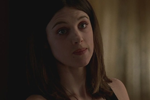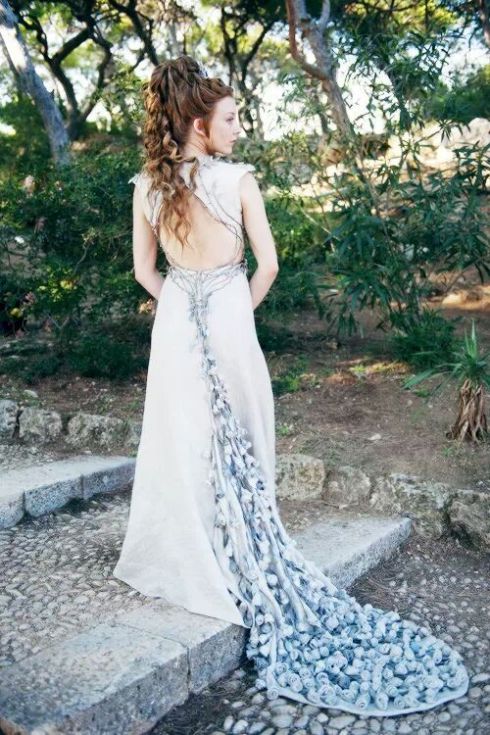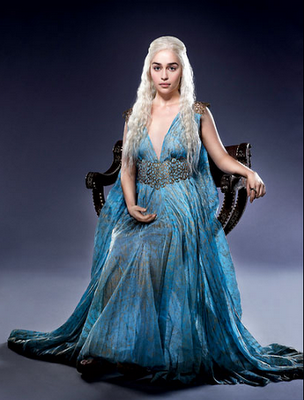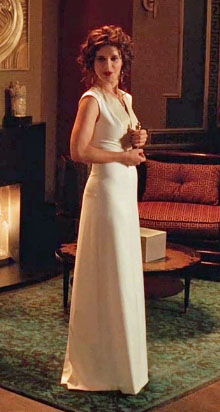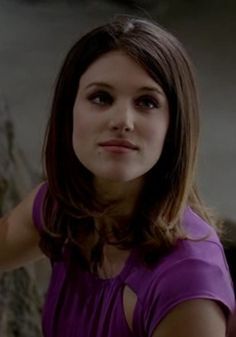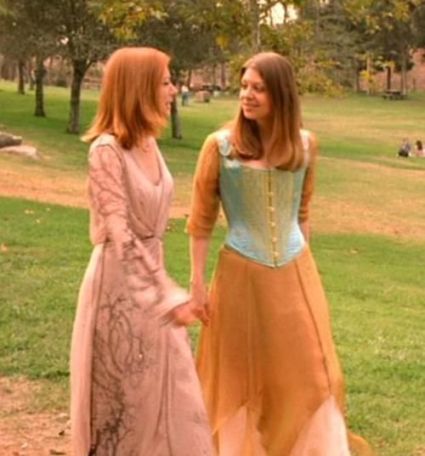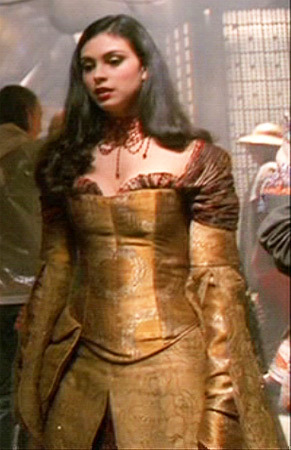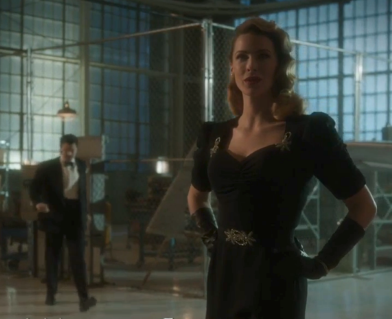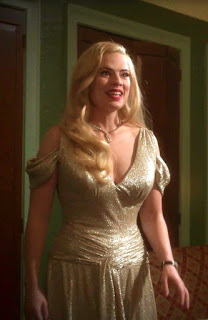Y’all know how deeply attached I am to Deadwood. Like, I can safely say that it is bar none my favorite television program and I will not hesitate to sing its praises (with a few “it’s a period drama, relevant warnings apply”-type caveats, but still, I think it’s actually way better about a lot of these things than… well, a lot of things /throws shade) to anyone who will listen. After my parents turned me onto the show, I/we proceeded to turn at least seven of my friends (my wife included, although technically before we were dating because this was one of her ploys for impressing me, I’m not even kidding) onto it, and I feel comfortable saying that one of my missions is to continue to do this for the rest of my life.
Needless to say, I was pretty damn ecstatic when we got word that the movie (wrapping the series up, since although the technical series finale is a decent conclusion there were stories to finish properly and everyone knew it) was finally happening. They even started filming on my birthday, and at the time I thought “happy birthday to me!” while not fully realizing how much I was really going to need it by the time it finally rolled around.
(Yes. I’m specifically referring to the gaping wound left in my and also fandom’s psyche by Game of Thrones. I’m also referring to a dozen other media and world missteps, though I feel most comfortable saying Game of Thrones specifically given the HBO connection.)
So okay, I didn’t really go in with very high expectations. My checklist was basically
- has Alma (Molly Parker) stayed sober (yes) and gotten some (I dunno, probably at some point in the last ten years, it wasn’t really addressed)?
- are Joanie (Kim Dickens) and Jane (Robin Weigert) alive (yes) and very gay (yes)?
- is Sofia (now at the age of 19-20 played by Lily Keene) happy (seemed so, yes!)?
- is Trixie (Paula Malcomson) okay (emotionally turned about, but yes)?
The rest of it I was willing to negotiate, especially as we drew nearer and nearer to the premiere and I started to worry. Would this, this thing I love most, turn its back on me in the eleventh hour (like other pieces of media, and specifically HBO properties, have in the past)? We waited to watch it until my mom could vet it for us, because I couldn’t bear the thought of having the show’s goodness tainted for me.
I don’t know why I was worried, though. I should have known that Deadwood would never let me down like that.
My mom suggested that it was “underwhelming,” but I respectfully disagree with this. I’m not sure what would have been considered properly whelming, except for maybe the entire town getting together to collaboratively murder Hearst (Gerald McRaney) which had no chance of happening because of, y’know, his being a historical figure who unfortunately did not die of murder. (Other characters do, in fact, die of murder. Several of them. And those that deserve it are given proper farewells, the sort that had me clutching at my heart and making overwrought faces of emotion.) I think it’s in many ways exactly what you could have wanted from a movie-length, set-ten-years-later finish to a sprawling but also very intimate television show. Not everyone got enough screen time (more on this in a moment, too) but generally, I was left feeling satisfied.
And also crying my eyes out for at least ten minutes. It’s times like these (satisfied crying, not fists-pounding-into-pillows aggravated crying) that I’m glad I can cry at media now.
It’s still a recent enough release that I won’t get into every single detail. (Do people care about Deadwood spoilers, here or anywhere else? I have no idea what the actual relevance of this show in my media-watching demographic is, because I don’t hear people talk about it very often but about a fourth of the time when I bring it up someone else goes “oh yeah, that’s good!” and the other people I do hear talk about it are people that I specifically am responsible for having shown it to. I’m going to be polite anyway.) Like those deaths. They happen, and all I will say is all that I needed vetted: no lesbians (/queer women of whatever variety) were harmed in the making of this production.
As for said lesbians(/etc. – I amend because technically neither Joanie nor Jane assigns themselves a specific sexuality, probably because it’s the 1800s) let me just say: things start a bit rocky, but that’s quickly taken care of, and they are just as gay and in love and happy as I could have possibly dreamed. Jane starts the whole movie with a monologue that’s just so completely her, and she makes her queer intentions known early on. (I assume they hadn’t stayed happy and queer together for ten years without reprieve because of Jane Cannary’s also being a real person with a recorded history that would have to be worked around and also because then it gave good excuses to have them explicitly talk about their feelings, something they hadn’t totally done in the show.) Joanie, meanwhile, is first seen the new proprietor of the Bella Union, which could be a good thing (and which I assume was necessitated by the death of Powers Boothe – Cy, incidentally, is mentioned all of twice in the entire film, and that’s good because Cy is a sack of shit) but really isn’t, and her earlier scenes in particular do have that familiar tinge of Joanie angst. (I’ve never been suicidal as Joanie has, but I do appreciate her explicit depression being addressed both through the show and the movie. The word isn’t used, but she’s unambiguously that, and it’s not just a Very Special Episode. As someone with that same chemical imbalance, that’s refreshing.) But soon enough, they’re coming back together, and together they stay, and they dance together so damn much.
Alma and Sofia, who’ve not lived here awhile, return to camp for the celebration of South Dakota’s new statehood. Alma is a successful enterpreneur (still owner of the bank, though at a distance now) and Sofia is an accomplished and very sweet young lady. No, Alma doesn’t end up with Seth (Timothy Olyphant). As much as I loved them together, I didn’t actually want this to happen. Seth has Martha (Anna Gunn) and more than that, I’m not sure they were meant to be in this life. Maybe in another time or place, but in this one I like seeing them being able to be civil and vaguely longing but also comfortable in their separate lives. Everyone still treats Sofia like their collective daughter, which is desperately adorable (I “awwwed” about half of the time she was in the action, honestly; Sofia feels like my daughter at this point), but now that she’s older, she’s very aware of her mother’s feelings and able to be there to support her in a conscious, mature way. This is A+ fictional adoption.
Seth and Martha have three whole kids now, all obviously under ten and more set dressing than distinguishable characters but charming set dressing nonetheless. They all favor their mother, which is sweet. Seth spends a good bit of the movie silently feeling things about Alma again after all these years, during which Martha is mostly relegated to sideways suspicious glances, but they’re very expressive sideways suspicious glances, at least, and the ultimate resolve of this is very sweet.
Seth spends the rest of the film tangling with Hearst and the other main players in the camp, among them Al (Ian McShane) and Sol (John Hawkes) and Charlie Utter (Dayton Callie) and many more men… and also Alma and Jane and Trixie. There’s not much can be said about this part of the story without spoiling, but it’s got enough twists and turns to be, at least in my opinion, satisfying, and as it concludes there’s a real sense of (slow but important) progress being made.
Trixie and Sol, meanwhile, open the story expecting a child, and that child is soon brought into the world. Then a whole hell of a lot of spoilers happen. Trixie also spends a fair bit of time with Al, who’s infirm with liver damage and age and all that go with them, and there are so many dimensions to their relationship that are just heartbreaking. They also both have scenes of varying length with Caroline (Jade Pettyjohn), the new saloon girl on the block, and she’s an interesting mirror and foil to both of them.
Basically, I want to go back to the progress thing. Game of Thrones, for example, was a fantasy world where literally anything could/should have been possible, and yet it ended aggressively upholding the status quo that it should have been challenging. Deadwood, as a show and specifically in this movie, was a period piece based loosely on historical events and figures, and it represents a period that wasn’t exactly awesome for most people that weren’t white, cishet Christian men of at least the middle class. So how did Deadwood end up being the one to uphold things like women’s agency (owning businesses and land, standing up for themselves, being pivotal and important and respected both in the story and by the story) and racial tolerance (unfortunately not everyone is racially tolerant, in somewhat brutal ways, but the ones that aren’t are explicitly painted the villains and the heroes uphold tolerance beautifully) and gay rights (specifically gay women’s rights)? I’m not sure how, but it did, and it gave me back a bit of the faith that other media has tried to steal. Thank you, Deadwood. I needed you way back when, and I needed you now, and I’ll probably need you forever.
–your fangirl heroine.
